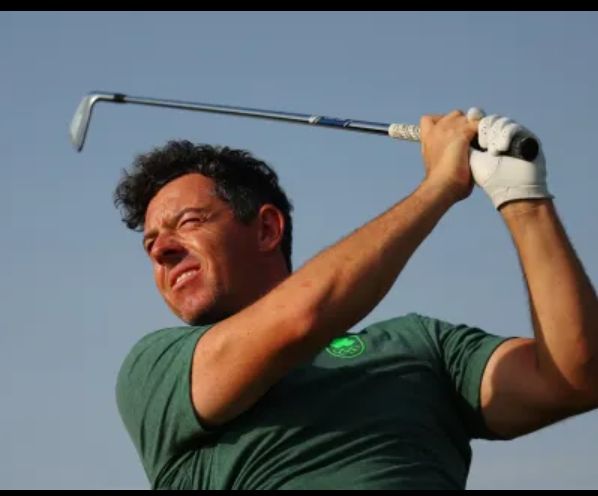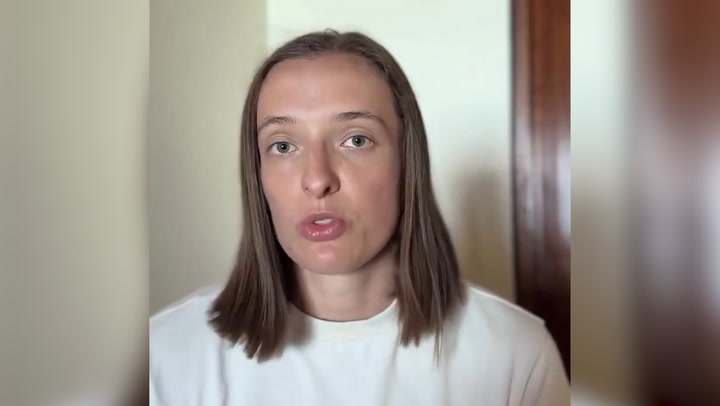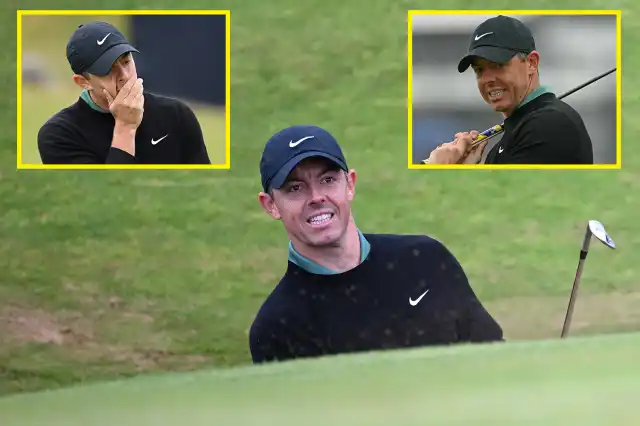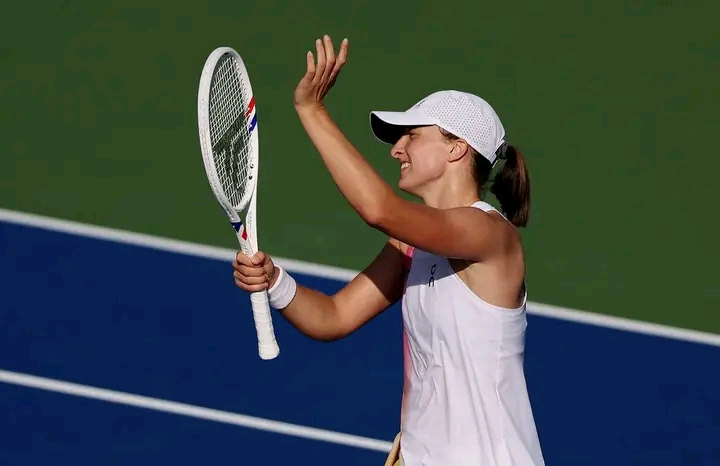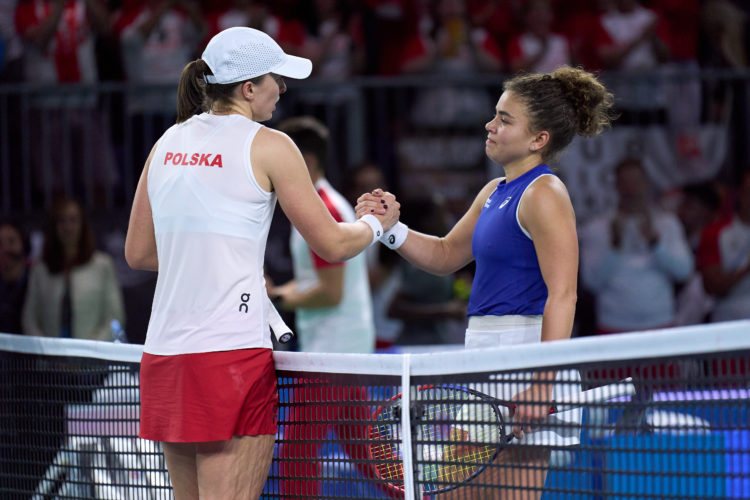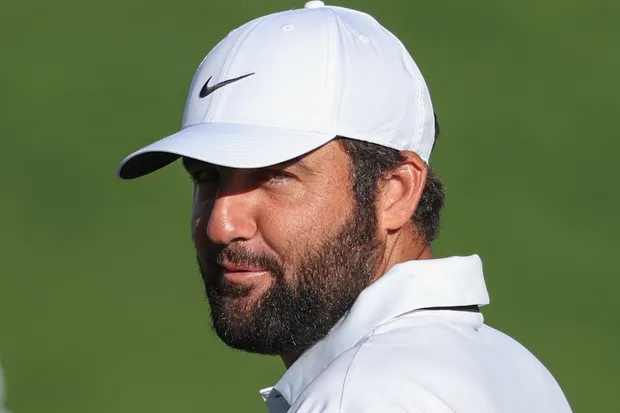Why Rory McIlroy is representing Ireland and not Team GB at the Olympics
Rory McIlroy is gearing up to represent Ireland once more at the upcoming Paris Olympics, marking his return to the prestigious event after making his debut in Tokyo in 2021. At 35 years old, McIlroy, who was born in Northern Ireland, is preparing for his second Olympic appearance, this time with hopes of securing a podium finish, a step up from his fourth-place finish alongside his teammate Shane Lowry in Tokyo.
McIlroy’s decision to represent Ireland rather than Team GB—a choice available to him due to his Northern Irish heritage—has been a subject of considerable interest. He has openly discussed his reasoning behind this decision, which dates back to his amateur career. Before turning professional, McIlroy consistently competed under the Irish flag, and this long-standing association played a significant role in his choice to remain with Ireland for the Olympics.
The flexibility allowed by an agreement between the Olympic Federation of Ireland and the British Olympic Association provides athletes with the option to select which team they wish to represent. This agreement acknowledges the complex identity and affiliations of athletes from regions with multiple national representations.
In a recent interview with The Guardian, McIlroy elaborated on his decision, shedding light on his journey and the emotional factors involved. He confessed that his initial reluctance to fully embrace the Olympics stemmed from a sense of resentment and neutrality that he had cultivated throughout his career. The Olympics presented him with a decision point that challenged his previous approach to maintaining neutrality.
McIlroy’s connection to Ireland runs deep, rooted in his early amateur days when he proudly represented the country. This historical allegiance was a crucial factor in his decision to continue representing Ireland as a professional golfer. He recounted that Tokyo felt like a nostalgic return to his amateur roots, reconnecting him with the federations and people from his early career. This sense of returning to familiar grounds and enjoying the Olympic experience solidified his commitment to Ireland.
Reflecting on his decision-making process, McIlroy acknowledged that his internal conflict was initially more about public perception than personal conviction. He wrestled with concerns about how his choice might be viewed by others, but once he focused on what was right for him, the decision became clear. He emphasized that despite the choice offered by the Olympics, his identity as a golfer who has always represented Ireland made the decision straightforward. The Olympics, he noted, did not change his commitment; it merely offered an opportunity to reaffirm it.
McIlroy’s excitement for the Paris Olympics is palpable, as he anticipates an even more enriching experience than Tokyo, with the prospect of engaging in various events beyond golf. He likened the anticipation to his initial thoughts about the Ryder Cup—comments he made before fully experiencing it, which eventually turned into a source of great enthusiasm.
In conclusion, Rory McIlroy’s choice to represent Ireland at the Paris Olympics is a reflection of his longstanding connection to the country, rooted in his amateur career and personal pride. As he prepares for this significant event, his focus remains on the personal and professional fulfillment that comes with competing under the flag he has always known.
